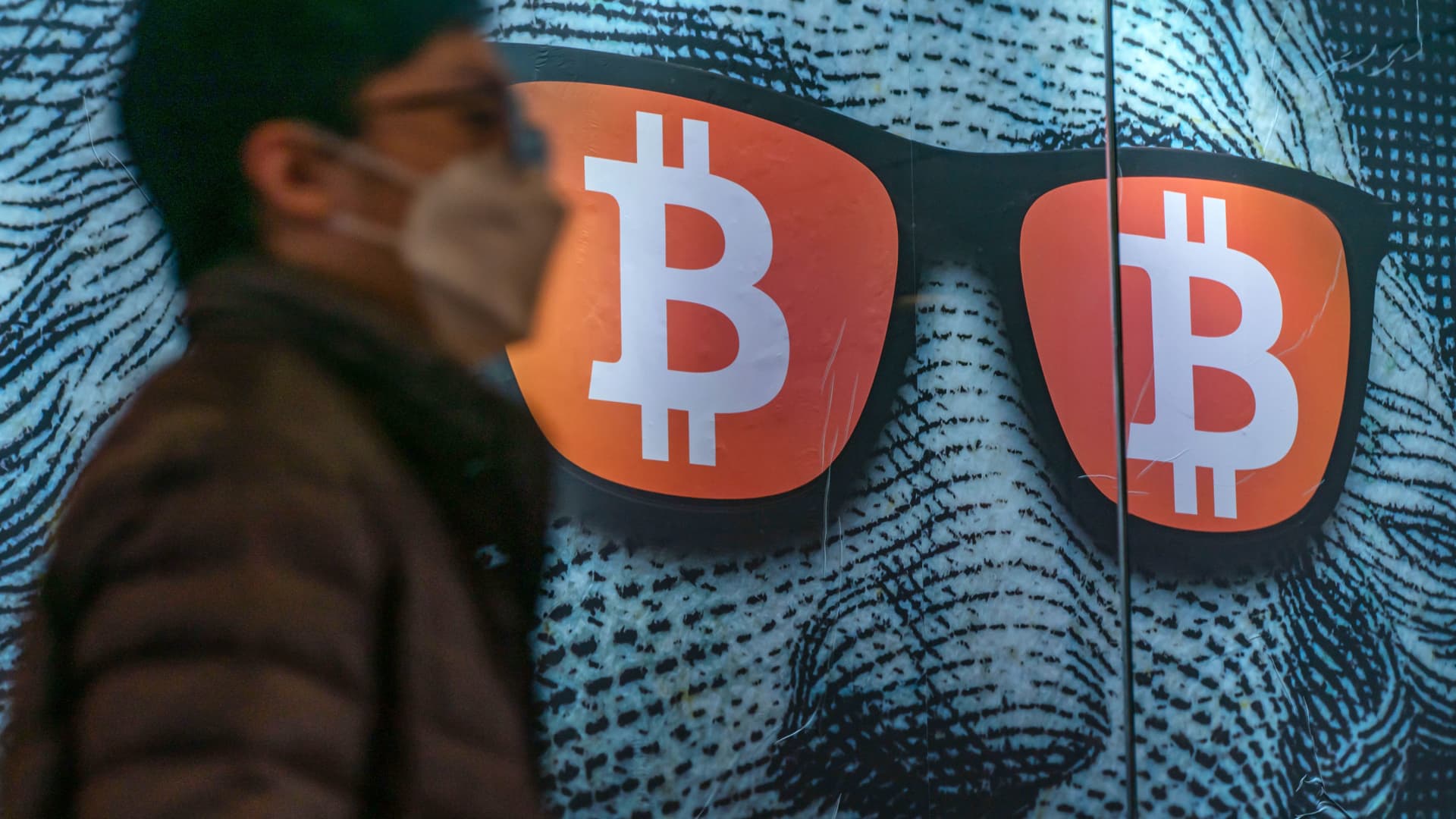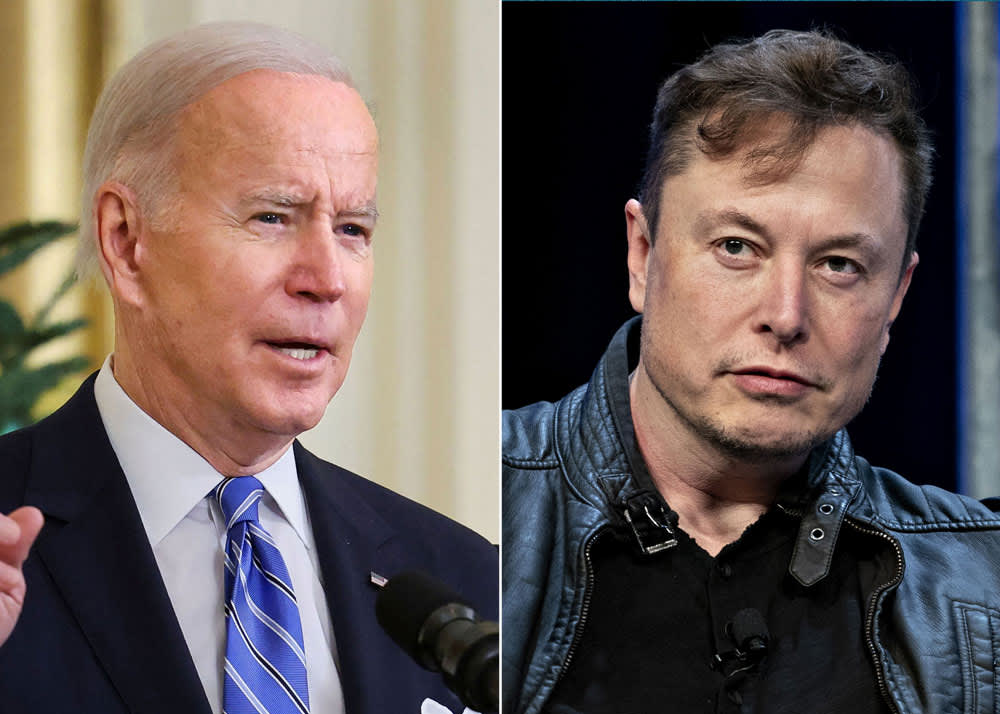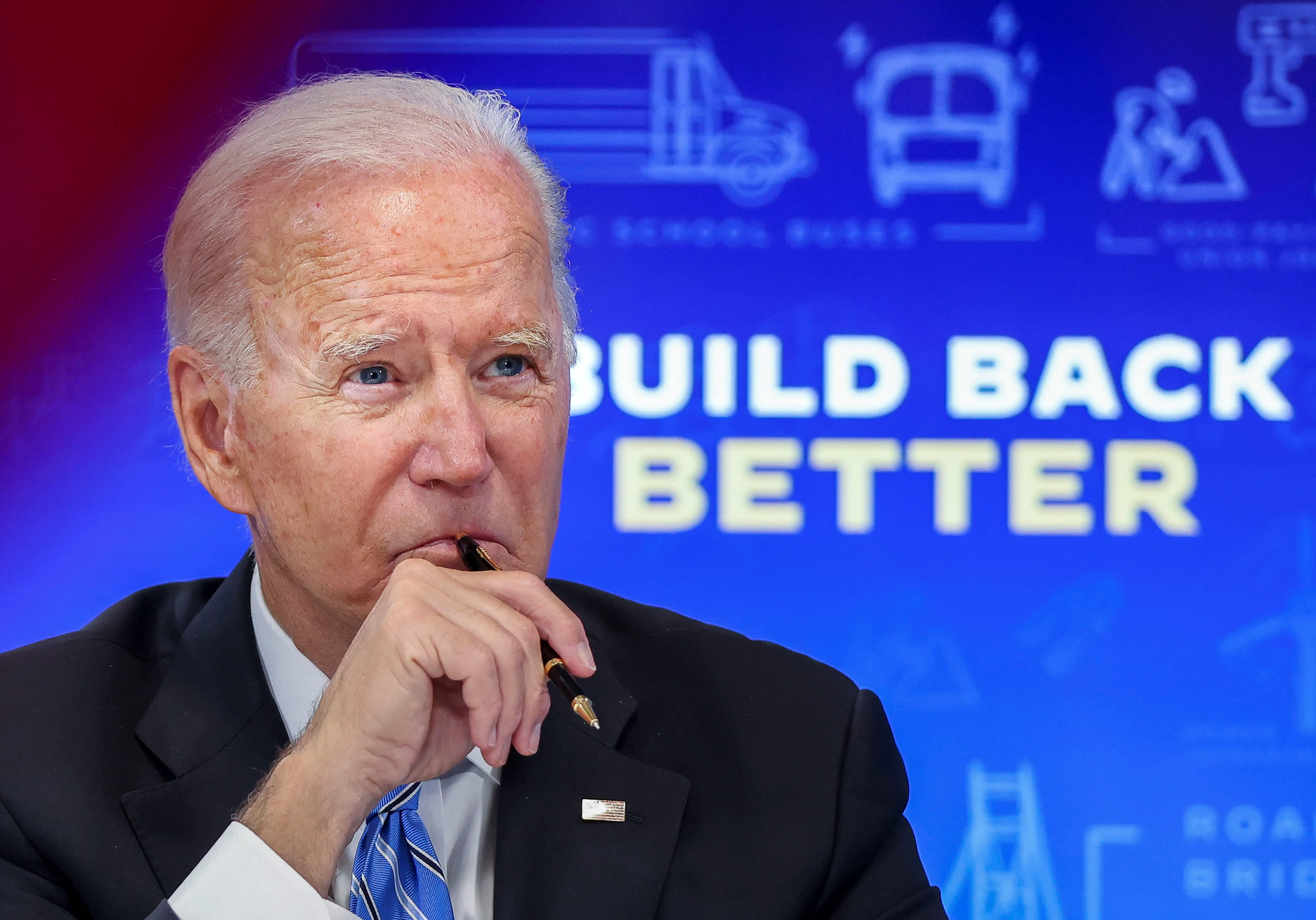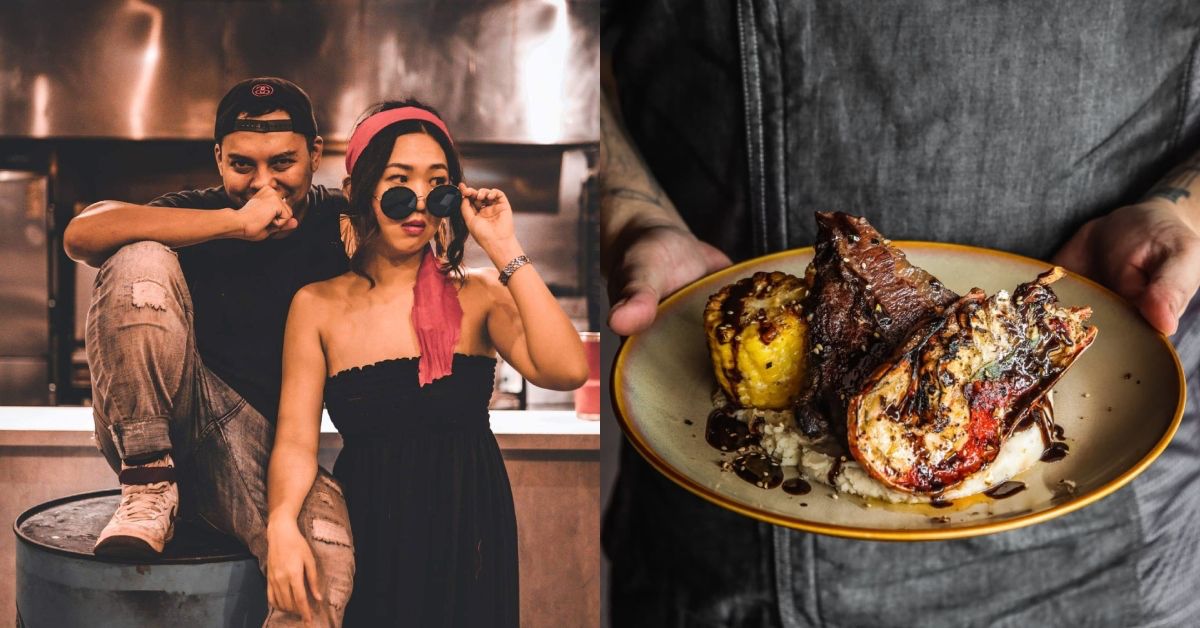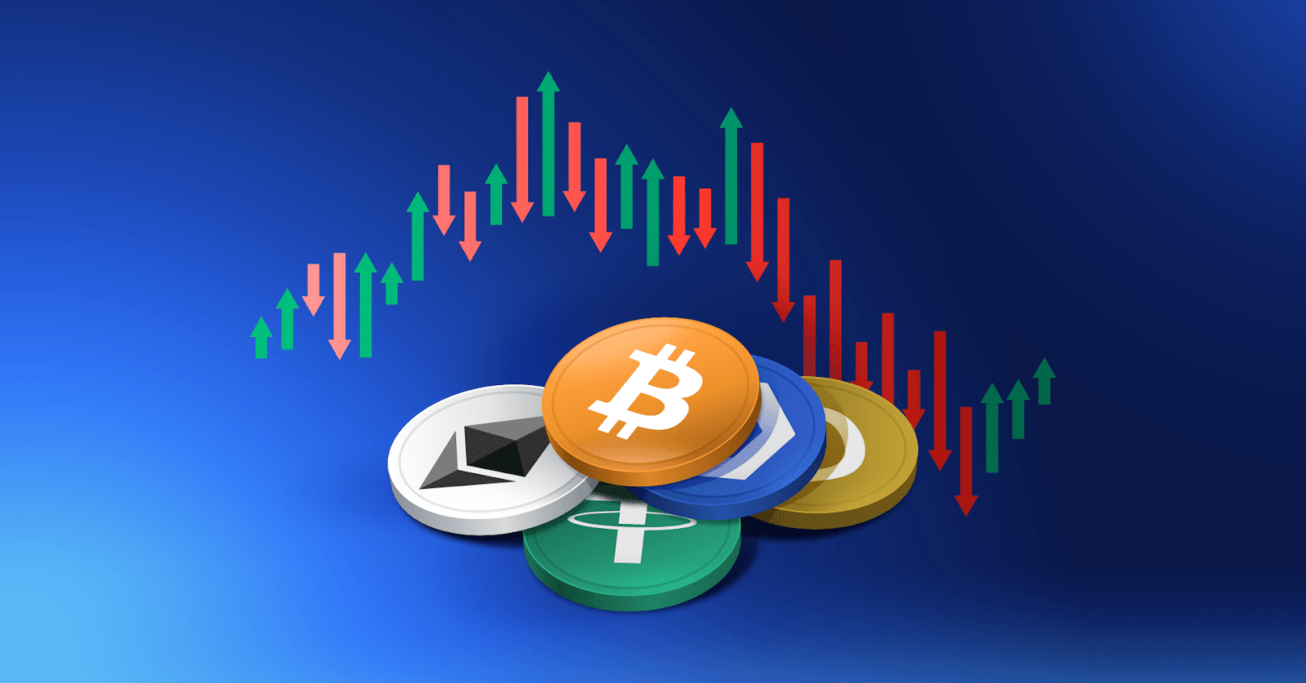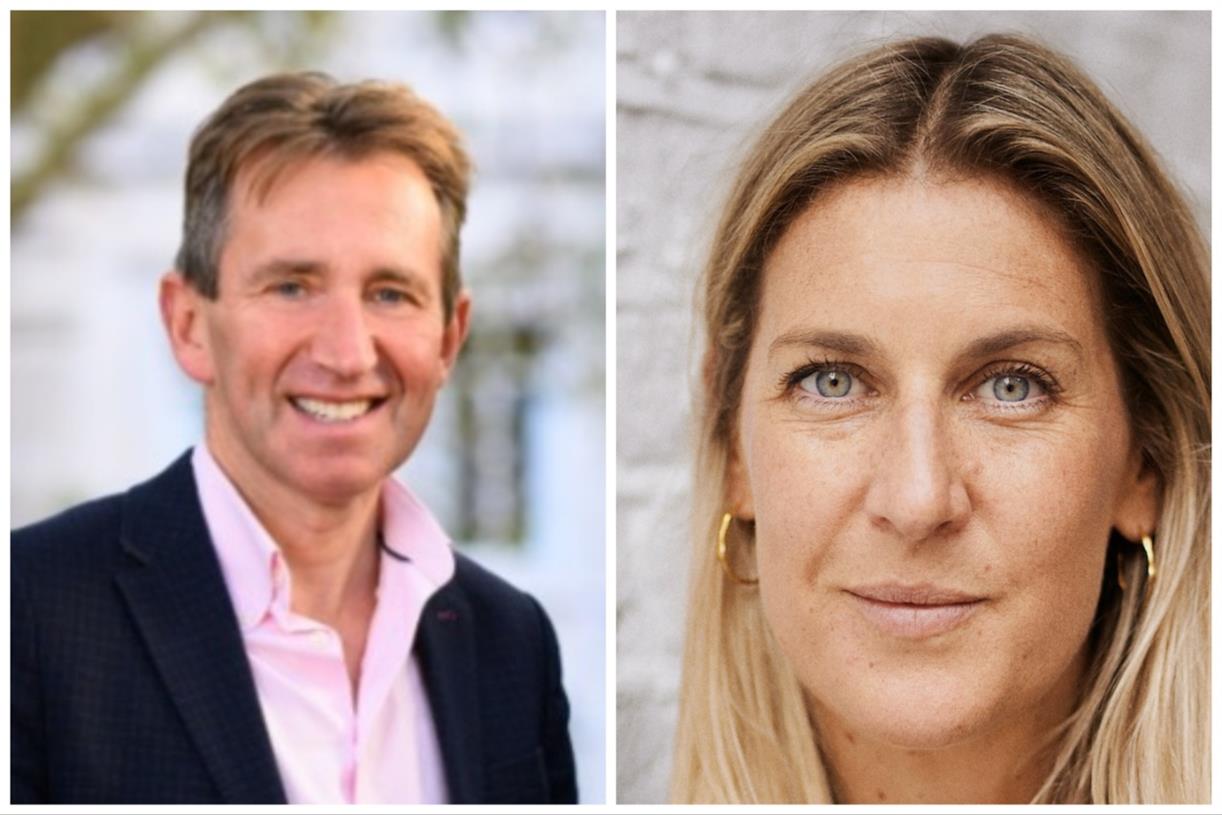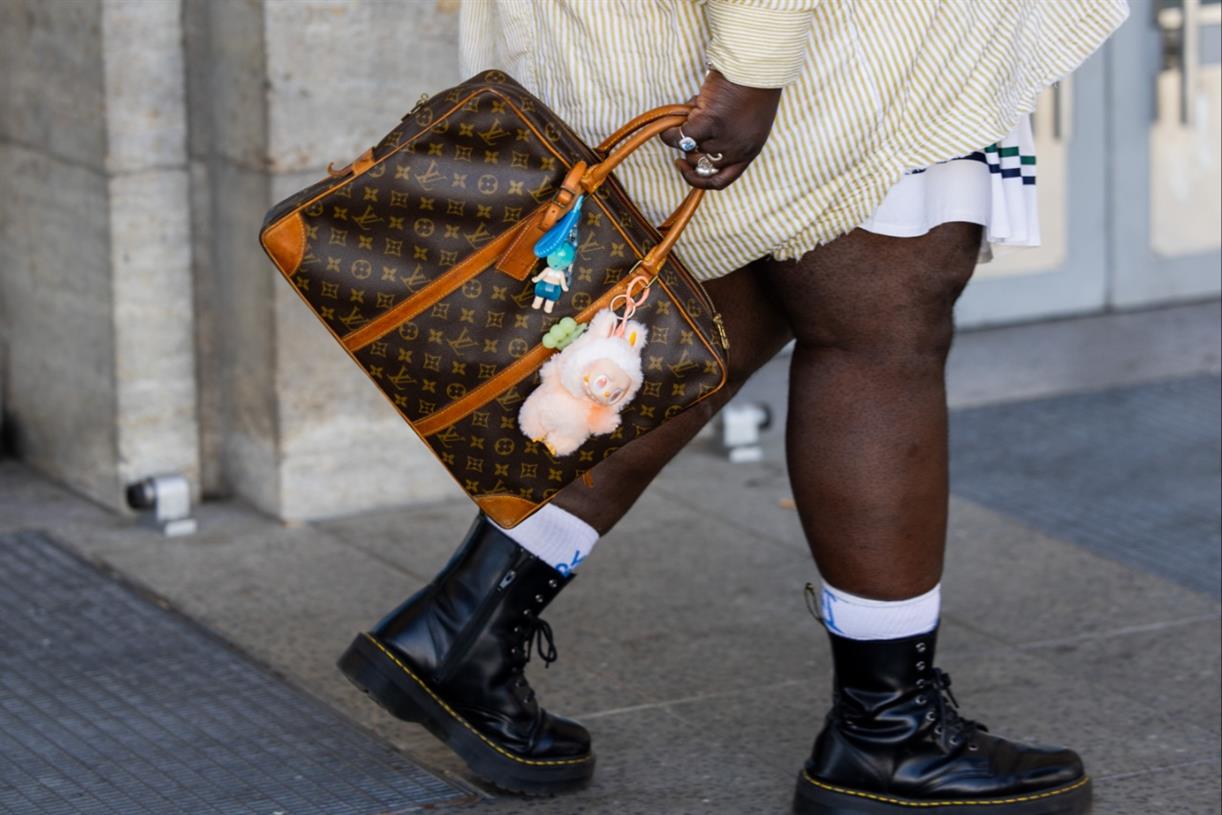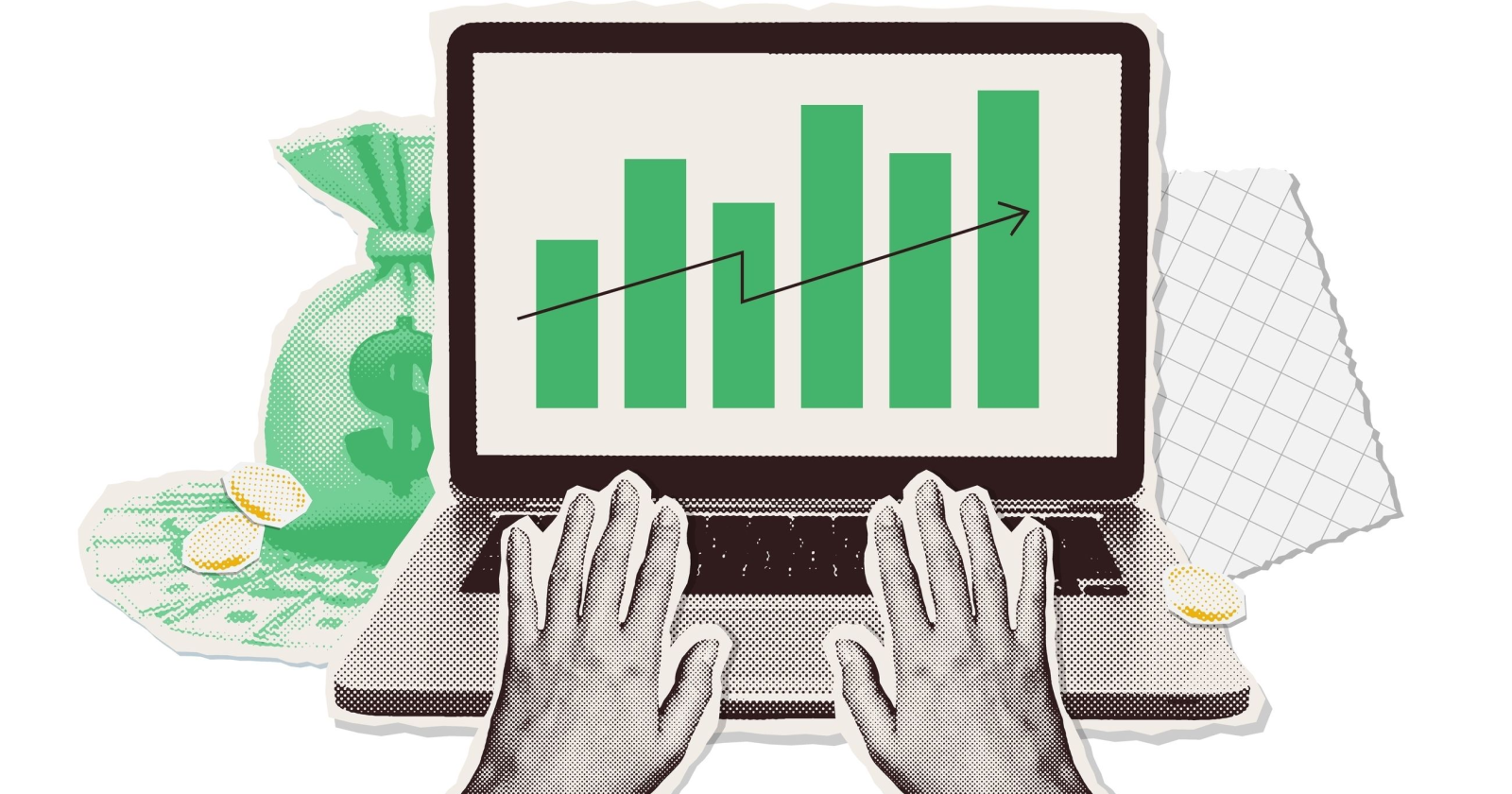Evidence against Trump in hush money case is 'overwhelming,' prosecutor tells jury in closing argument
Donald Trump says he did not have sex with porn star Stormy Daniels, who was paid before the 2016 election to keep quiet about an alleged tryst.

Former President Donald Trump speaks to his attorney Todd Blanche before the start of proceedings at Manhattan Criminal Court in New York, U.S., May 28, 2024.
Julia Nikhinson | Via Reuters
The evidence in the criminal hush money case against former president Donald Trump is "literally overwhelming," a prosecutor told jurors Tuesday.
"Focus on the evidence and the logical inferences that can be drawn from that evidence," Assistant Manhattan District Attorney Joshua Steinglass said at the end of his closing argument for the trial.
"In the interest of justice, and in the name of the people of the state of New York, I ask you to find the defendant guilty," Steinglass said. "Thank you."
Steinglass spent nearly five hours methodically reminding jurors of the testimony they had heard and evidence they had been shown.
All of it, the prosecutor argued, painted a picture of Trump directing and benefiting from a scheme to protect his presidential campaign from negative information about him becoming public during the 2016 election.
"Everything Mr. Trump and his cohorts did in this case was cloaked in lies," Steinglass said.
"The name of the game was concealment, and all roads lead to the man who benefited the most, Donald Trump."
Judge Juan Merchan told jurors to return to court at 10 a.m. Wednesday to receive about an hour's worth of instructions on the law in the case.
Unlike most of the days of Trump's five-week trial, the former president did not stop to speak to reporters Tuesday night.
Trump is charged with 34 felony counts of falsifying business records related to a 2016 hush money payment to porn star Stormy Daniels by his then-lawyer and fixer Michael Cohen.
The 12-member jury then will begin deliberations later Wednesday.
Trump is the first former U.S. president ever to be tried in a criminal case.
If convicted, the statutory maximum sentence he could receive is four years in prison for each felony count.
Trump, who is the presumptive Republican presidential nominee, faces three other pending criminal cases, and three civil judgments holding him liable for more than $500 million in damages to the state of New York and the writer E. Jean Carroll.
Prosecution's closing argument
Steinglass earlier Tuesday argued that the value of a "corrupt bargain" between the publisher of the National Enquirer, Trump and Cohen to suppress negative stories about Trump cannot be overstated, and might have been one of the most valuable political contributions ever.
Republican presidential candidate and former U.S. President Donald Trump speaks to the media, as his lawyer Todd Blanche listens, as his criminal trial over charges that he falsified business records to conceal money paid to silence porn star Stormy Daniels in 2016 continues, at Manhattan state court in New York City, U.S. May 28, 2024.
Andrew Kelly | Reuters
"This scheme, cooked up by these men … could very well be what got President Trump elected," Steinglass said in Manhattan Supreme Court.
David Pecker, the former publisher of the National Enquirer, testified at trial about his agreement with Trump and Cohen to alert them to possibly damaging stories about the then-Republican presidential nominee, and his publication of negative stories about Trump's political opponents, among them 2016 Democratic presidential nominee Hillary Clinton.
Pecker testified about how his company paid $150,000 to Karen McDougal, a former Playboy model, to buy her silence before the 2016 election about her alleged sexual affair with Trump.
Pecker's company also paid a Trump World Tower doorman, Dino Sajudin, $30,000 for his claim that Trump had a child out of wedlock with a housekeeper, a story the National Enquirer never ran.
"This was really catch and kill," Steinglass said.
"Keep in mind Mr. Pecker has no reason to lie, no bias toward the defendant and thinks Mr. Trump is still a friend and a mentor," Steinglass said, distinguishing the publisher and Cohen, a former pit bull for Trump who is now his bitter enemy.
The prosecutor also noted the timing of Cohen paying Daniels $130,000, at what Cohen has said was Trump's direction, shortly before the 2016 election to keep her quiet about an alleged sexual tryst that occurred a full decade earlier.
In this courtroom sketch, defense lawyer Todd Blanche presents closing arguments as Justice Juan Merchan presides during former U.S. President Donald Trump's criminal trial on charges that he falsified business records to conceal money paid to silence porn star Stormy Daniels in 2016, in Manhattan state court in New York City on May 28, 2024.
Jane Rosenberg | Reuters
"It's no coincidence that the sex happened in 2006, but the payoff happened less than two weeks before the 2016 election," Steinglass said.
And that, the prosecutor argued, is because Trump's main concern about Daniels going public with her claim the its potential effect on the election that year, not any effect on his family, as defense lawyers have said.
Earlier Tuesday, Judge Merchan blasted the former president's defense lawyer Todd Blanche for arguing to jurors that "you cannot send someone to prison based on the words of Michael Cohen."
Jurors in criminal cases are instructed to consider whether a defendant committed a crime, and not to factor in the potential punishment for that crime, such as prison.
After jurors had left the courtroom at the end of Blanche's own closing argument, Merchan laid into him.
"I think that statement was outrageous, Mr. Blanche," Merchan said.
Republican presidential candidate and former U.S. President Donald Trump sits with his lawyer Todd Blanche as his criminal trial over charges that he falsified business records to conceal money paid to silence porn star Stormy Daniels in 2016 continues, at Manhattan state court in New York City on May 28, 2024.
Andrew Kelly | Reuters
"Someone who has been a prosecutor for as long as you have and a defense attorney as long as you have," the judge said.
"It's simply not allowed. Period. It's hard for me to imagine how that was accidental in any way."
When jurors were brought back into the courtroom after lunch, Merchan told them that Blanche's comment "is improper and you must disregard it."
The judge also said that if jurors convict Trump, Merchan would decide the sentence. The judge noted that a prison term is not mandatory upon conviction of the charges Trump faces.
Trump's defense
Blanche began his summation Tuesday by telling jurors that Trump "is innocent" of the charges.
Trump "did not commit any crimes, and the district attorney has not met their burden of proof, period," Blanche said.
The records at issue in the case described as legal expenses are the reimbursements that Trump and his company, the Trump Organization, gave Cohen for paying off Daniels.
Prosecutors said the payment was designed to prevent the adult film actor from damaging Trump's chances to win the White House in 2016.
Read more CNBC politics coverage
Blanche argued that Cohen had believed that Daniels' efforts to shop her story about Trump to media outlets "was an extortion attempt" against Trump.
"She wrote a book and she has a podcast. And a documentary," Blanche said of Daniels. "This started out as an extortion, there's no doubt about that, and ended very well for Ms. Daniels — financially speaking."
"The story Mr. Cohen told you on that witness stand is not true," Blanche said. "There is no proof that President Trump knew about the payment before it was made."
"As I said to you in the opening statement, it doesn't matter if there was a conspiracy to win the election," Blanche argued. "Every campaign is a conspiracy to promote a candidate."
But Steinglass, in his own closing argument, said, "I'm not suggesting [Daniels] wasn't looking to get paid, but that is a different thing from … extortion."
"In the end, it doesn't really matter," whether Trump was extorted or not, said Steinglass. "You don't get to commit election fraud or falsify your business records because you think you've been victimized."

 Konoly
Konoly 








